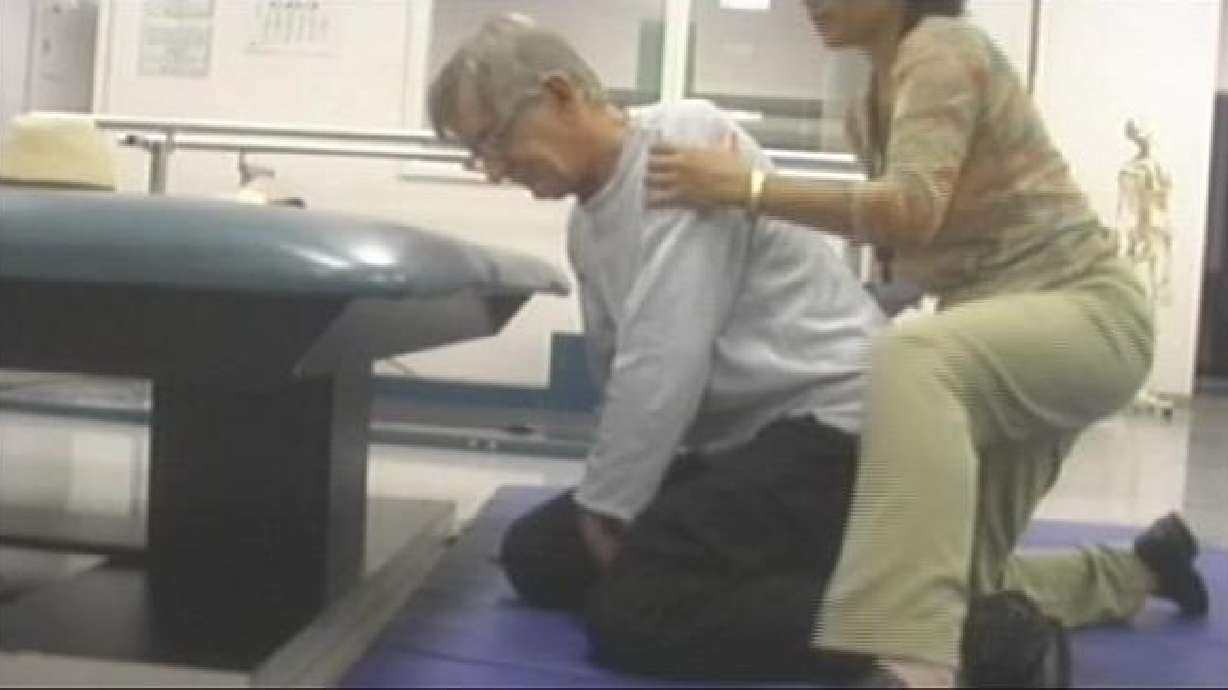Estimated read time: 2-3 minutes
This archived news story is available only for your personal, non-commercial use. Information in the story may be outdated or superseded by additional information. Reading or replaying the story in its archived form does not constitute a republication of the story.
Dr. Kim Mulvihill ReportingDorothy Mountain, Dan's wife: "I could see Dan's foot and I just started to scream."
A stroke can happen to anyone at anytime. It happened to Dan Mountain, one of the top creative advertisers in the country.
Marc Black, Composer & Performer: "Here is a man who had so much energy and vitality. To hear that he had had a stroke was like a waterfall had stopped."
After waking from a three-week coma, Dan slowly regained his speech and his ability to move.
Everyone recovers from stroke differently. Dan chose to use his experience to write poems, which were adapted in songs and made into a CD and a documentary called "Stroke of Genius."
Marc Black: "There are some very touching moments but there's also funny stuff like when Dan says to me, you know Marc, you never get back to where you've been, you always get back to where you're going. I mean that's kind of universal."
Diane Mulligan-Fairfield, VP National Stroke Association: "In the blink of an eye their life has been completely pulled apart."
Diane Mulligan-Fairfield is with the National Stroke Association. She hopes the movie will help dispel some of the misunderstanding that surrounds stroke and encourage survivors to fight back.
Diane Mulligan-Fairfield: "The reality is that we are seeing people walk after 20 years in a wheelchair and seeing people speak again."
She also hopes the movie will spread the word out that stroke is an emergency.

Diane Mulligan-Fairfield: "We want to empower families to talk about stroke and to learn the symptoms. And we want to have people understand that it's not something that just happens to you. It's not a stroke of luck whether or not you'll have a stroke. You can prevent a stroke and you can make a difference for your family."
Quick action makes such a difference in what type of disability or lack of disability you'll have from a stroke. There's an easy way to recognize a stroke, it's called fast:
F—Face. Ask someone to smile and see if one side of their droops
A- Arm. Ask them to hold both arms in front of them and see if one arm drifts down
S- Speech. Ask them to repeat a simple sentence and see if they can do that or is it slurred or do they get stuck
T- Time. Call 911 right away.
You want to treat any of those symptoms as an emergency and get the person to the hospital right away.
800-Strokes ParkCityFilmMusicFestival.com








